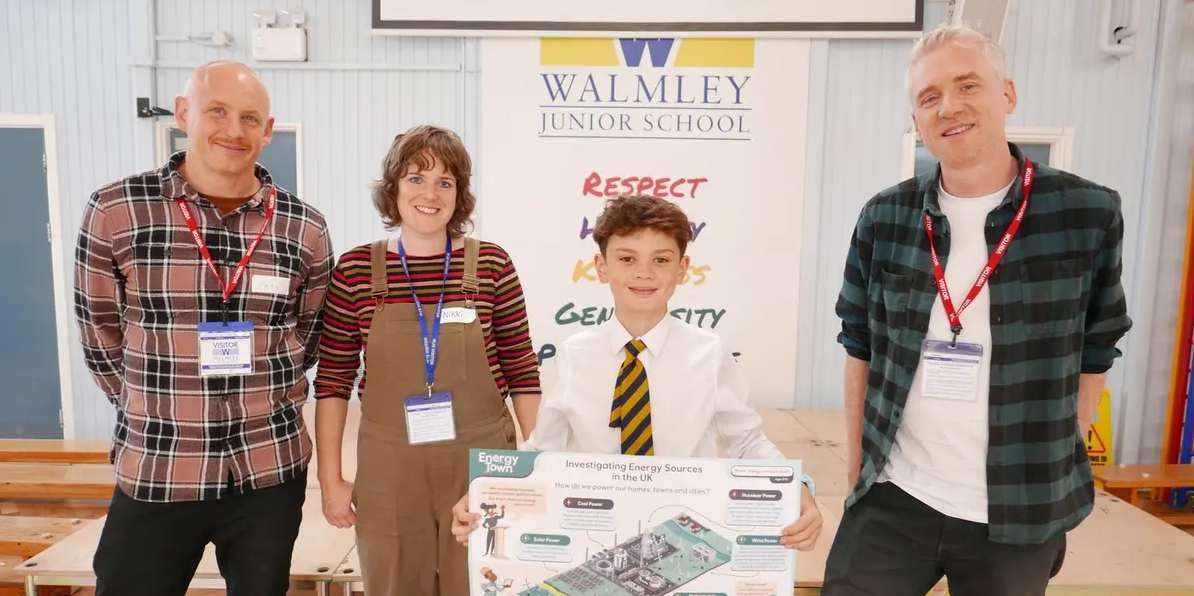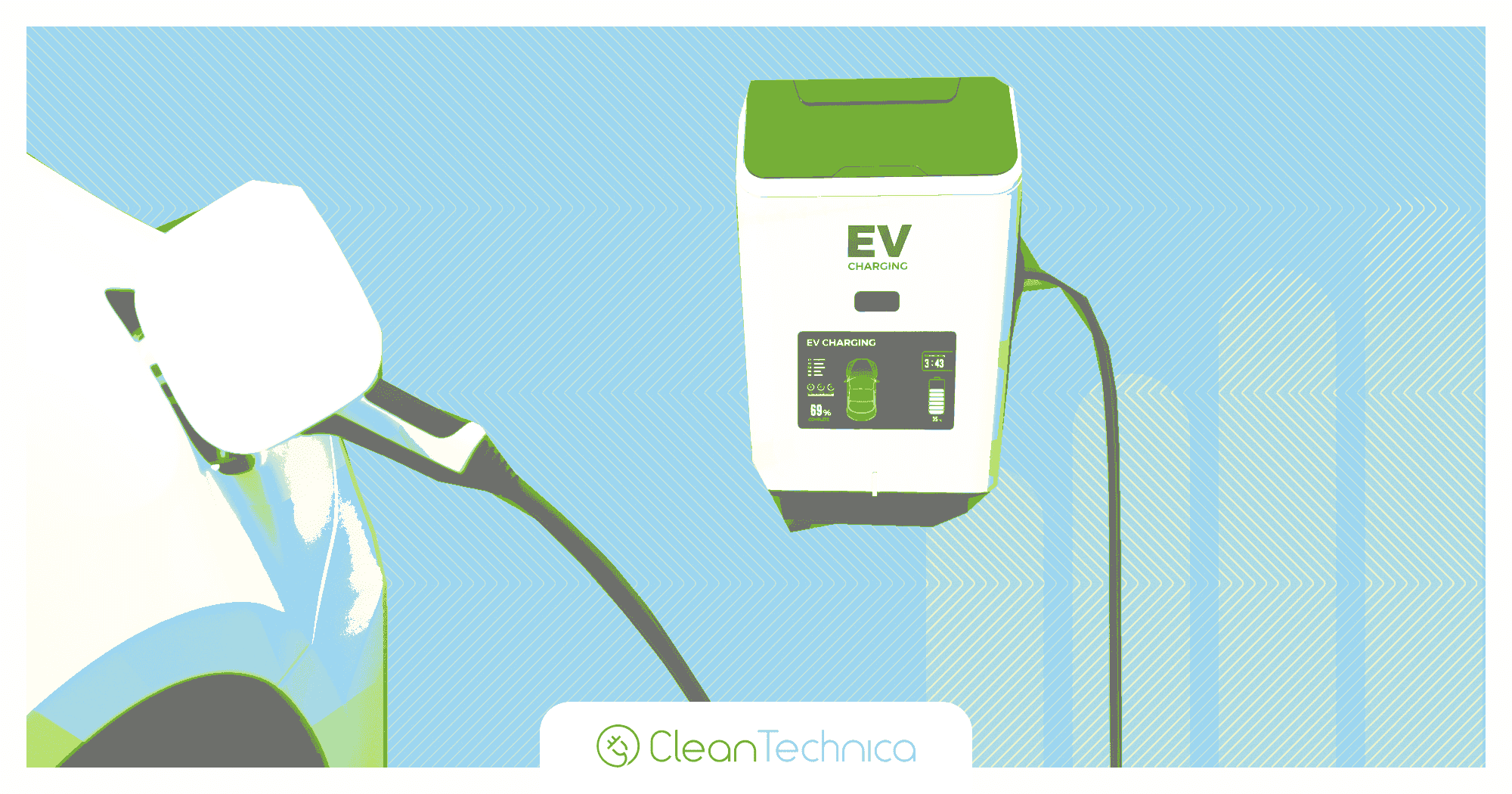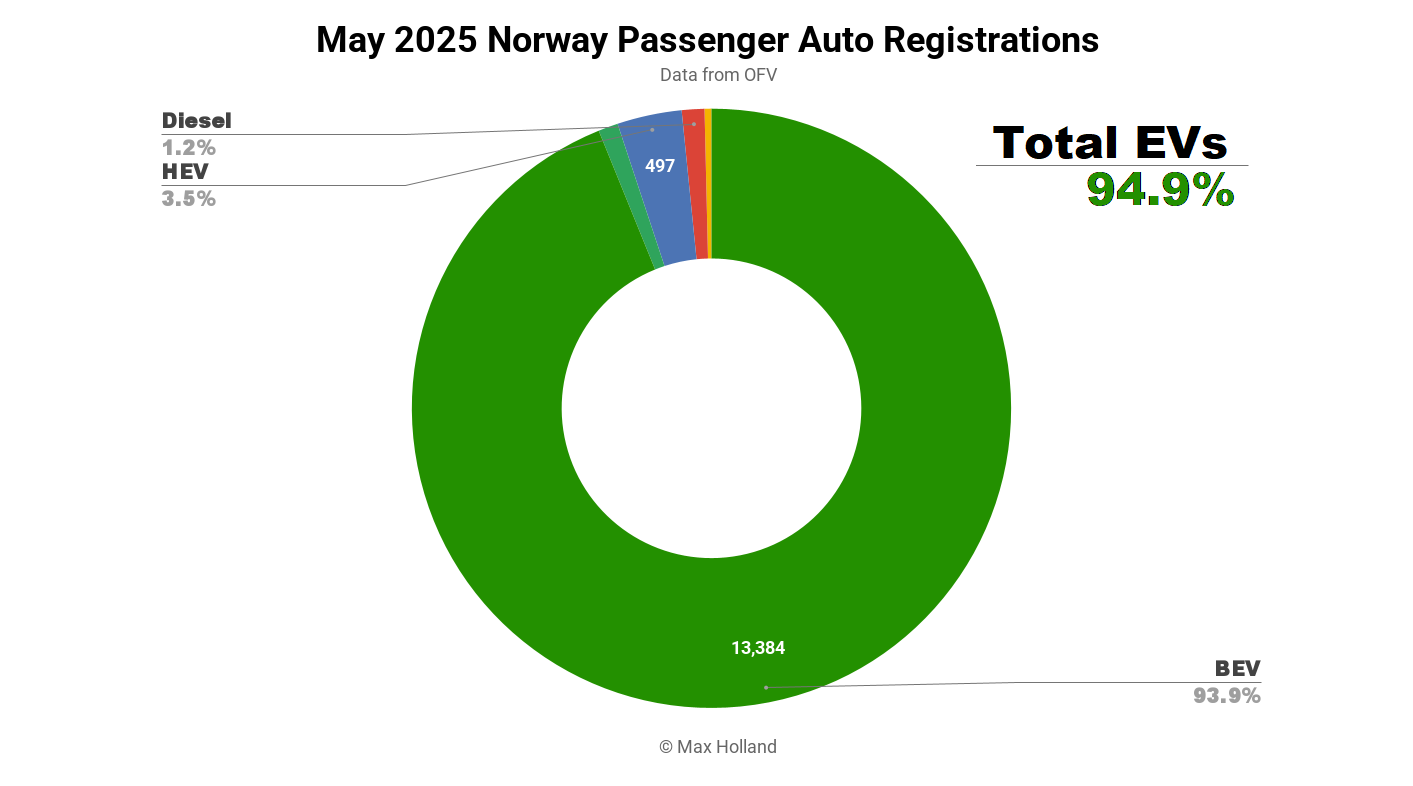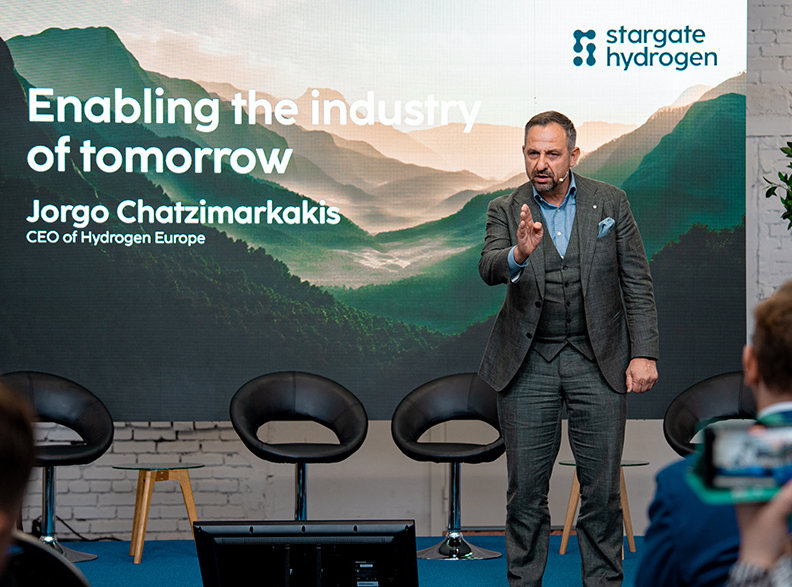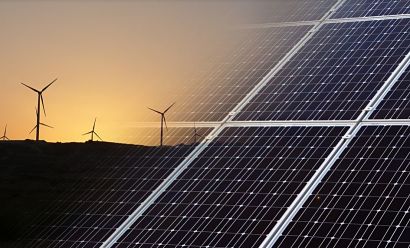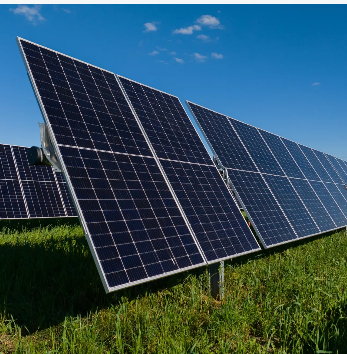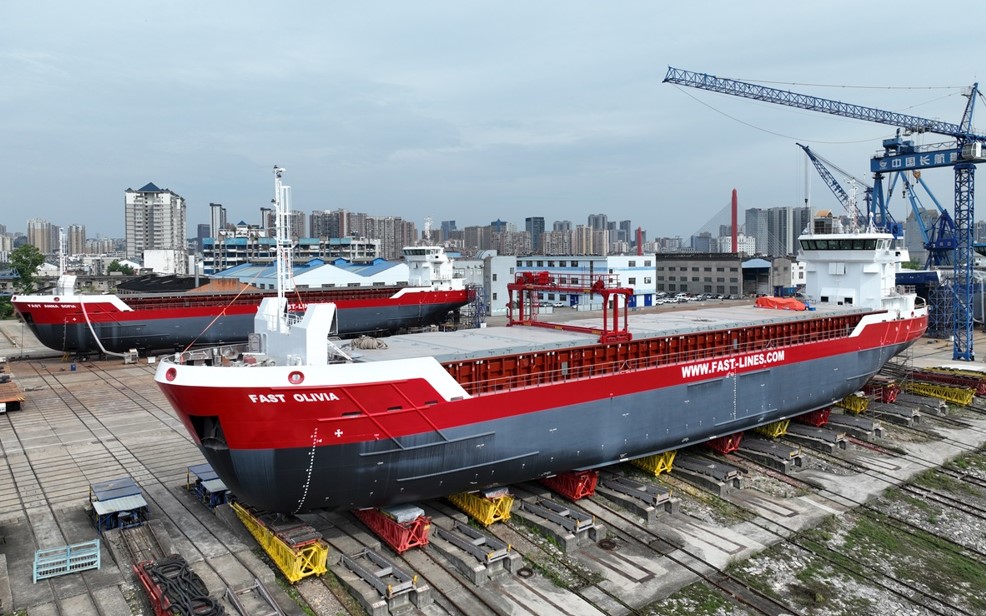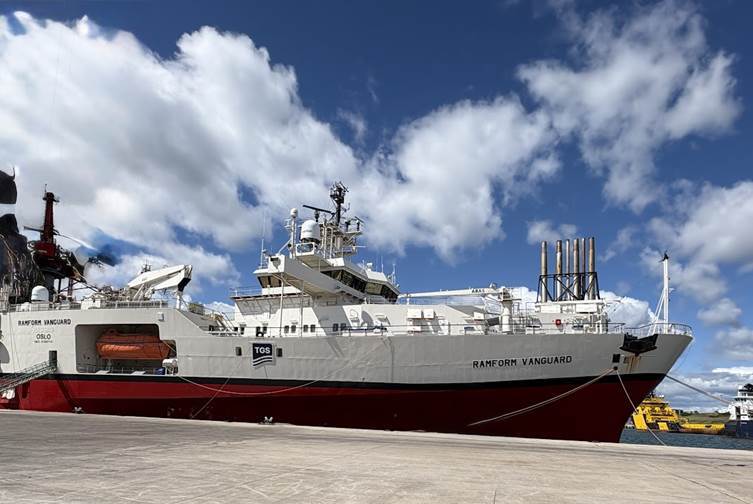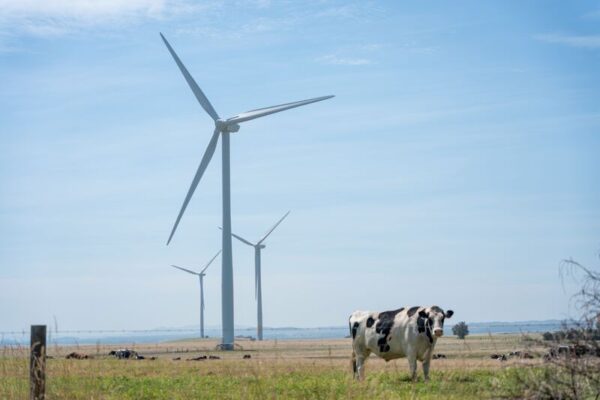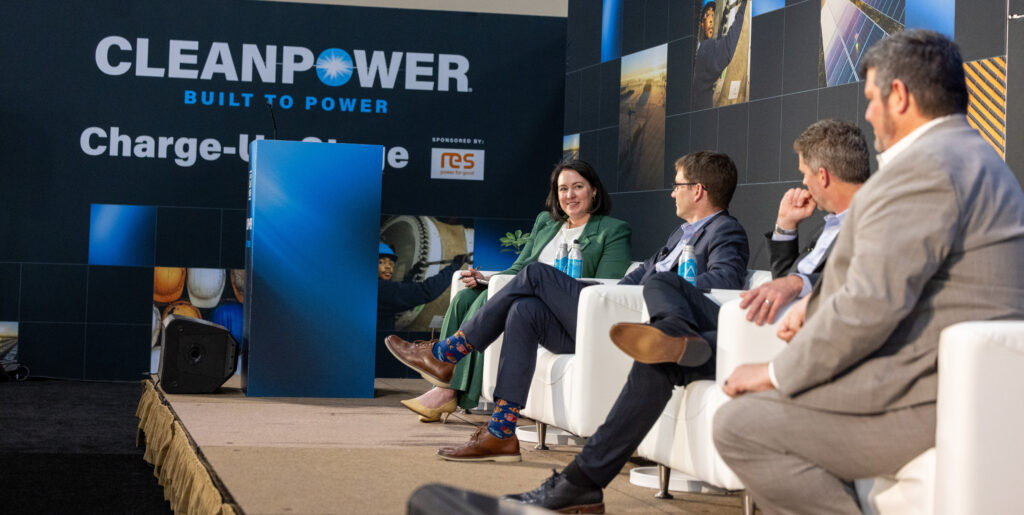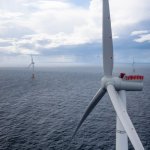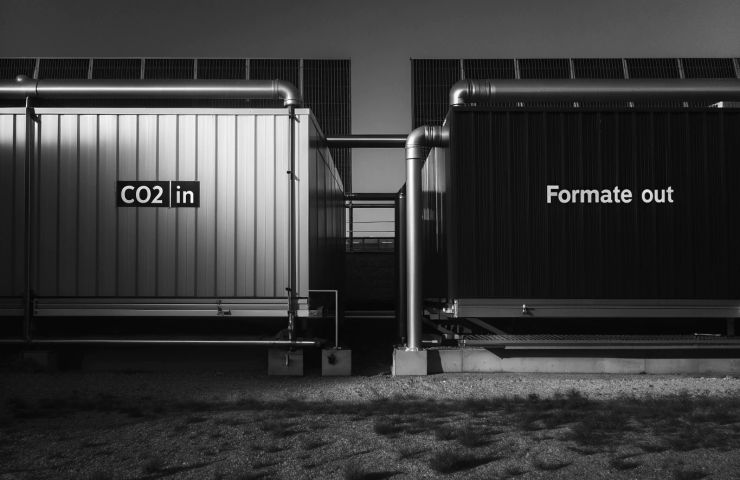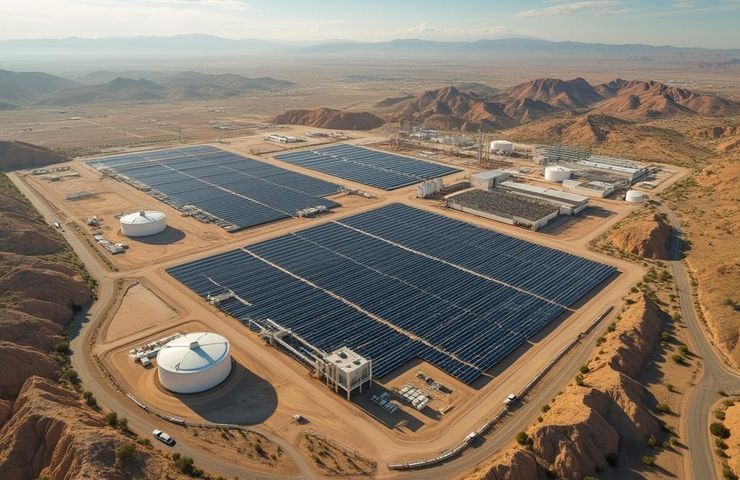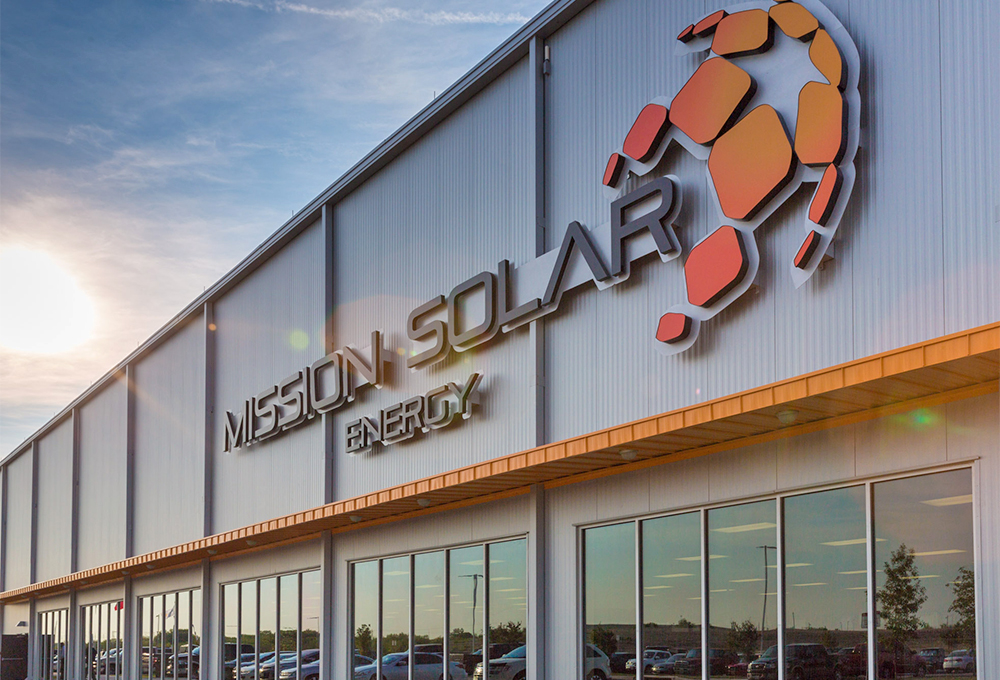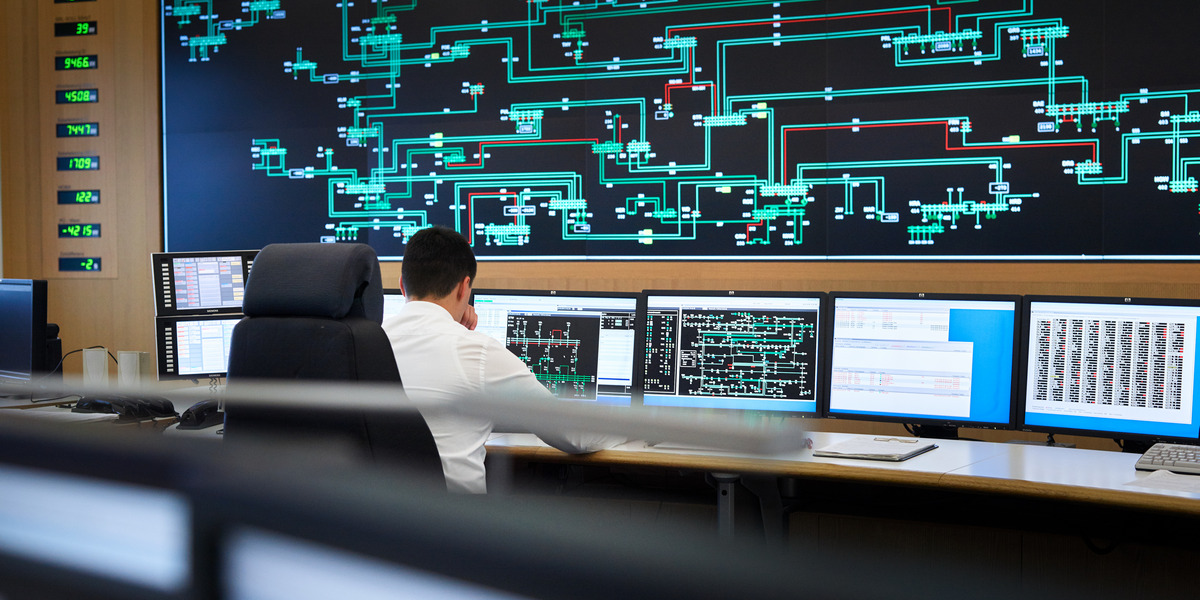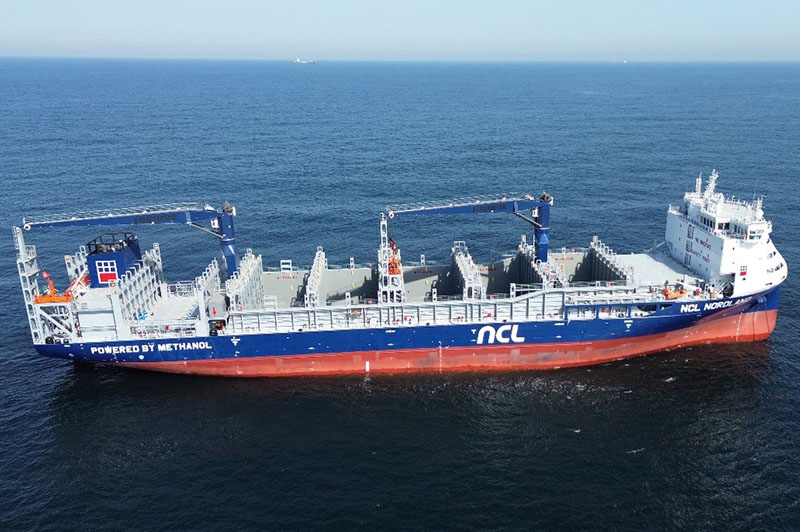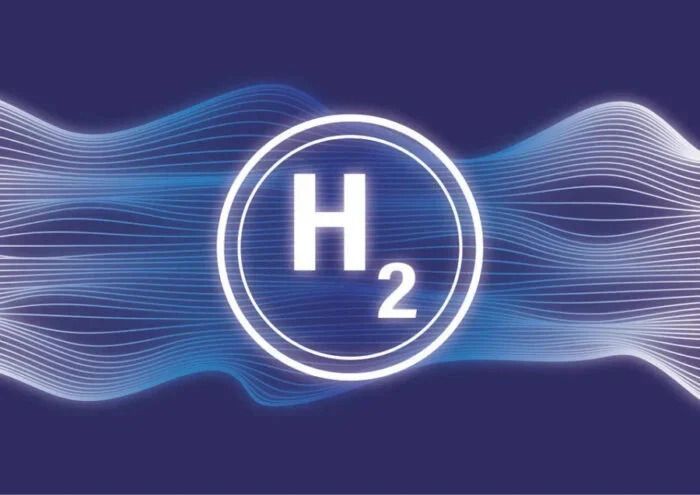Fraunhofer ISE unveils micro-CPV module with cost-reducing design
Researchers in Germany have unveiled new high-efficiency, micro concentrator photovoltaics technology that taps established micro-components manufacturing processes to enable lower costs. A demonstrator relying on the micro-CPV module achieved efficiency of 36% based on IEC62670-3 concentrator standard test conditions.
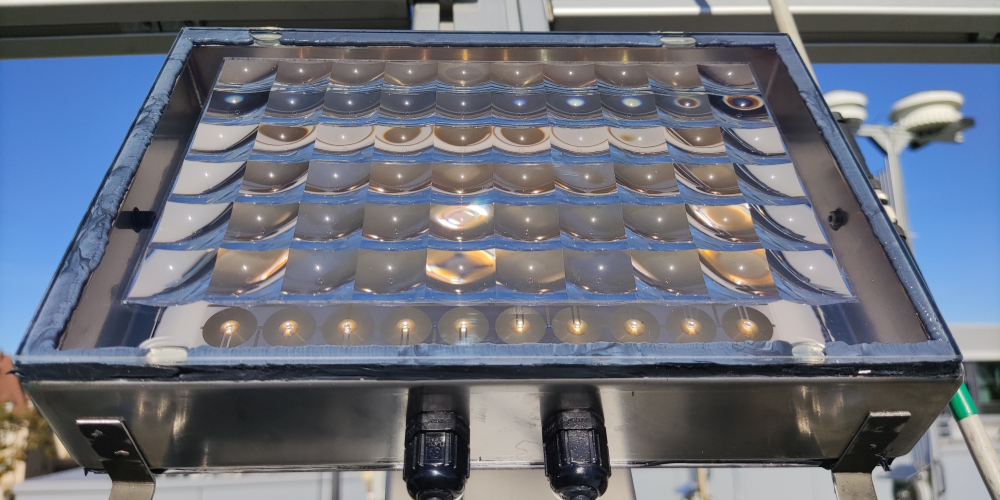
Researchers in Germany have unveiled new high-efficiency, micro concentrator photovoltaics technology that taps established micro-components manufacturing processes to enable lower costs. A demonstrator relying on the micro-CPV module achieved efficiency of 36% based on IEC62670-3 concentrator standard test conditions.
Germany's Fraunhofer Institute for Solar Energy Systems (Fraunhofer ISE) has developed new high-efficiency, low-cost, micro concentrator photovoltaics (micro-CPV) technology for applications in agrivoltaics applications and power plants in sunny arid climate zones.
Seen as an evolution of conventional concentrator photovoltaic (CPV), the micro-CPV module is based on miniaturized multi-junction solar cells and miniaturized optical components to reduce the size, while keeping efficiency high. The smaller size offers potential cost and performance benefits, as well as manufacturing advantages, such as being able to integrate well-established printed circuit board (PCB) and microelectronics device fabrication processes.
The Fraunhofer’s micro-CPV technology is the result of four years of research with industrial and academic research partners. It is based on a low-cost lens array, spherical secondary optic lens and tiny-sized high-efficiency III-V concentrator solar cells (<1mm2). The five-junction III-V micro-solar cells were supplied by Azur Space Solar Power.
Compared to the state-of-the-art, this micro-CPV design reduces the amount of semiconductor materials required by 1,300 times and module areas by 30 percent and it reduces, according to Fraunhofer ISE.
It is meant for deployment on 2-axis tilt and role trackers.
“We are currently preparing a startup, Clearsun Energy, to commercialize the Micro-CPV technology both for Agri-PV and PV power plants in arid regions of the word,” Frank Dimroth, head of photovoltaics and concentrator technology at Fraunhofer ISE, told pv magazine, adding that a product with 37% module efficiency is planned.
In the study, “Power rating of a novel micro-CPV module concept and operational influences,” recently published in IEEE Explore, the performance of the Fraunhofer ISE's micro-CPV demonstrator module equipped with 60 cell-lens units and an aperture area of 205.35 cm2 was investigated. The researchers collaborated with a team from the University of Freiburg
The measurement data was collected over one year from a dual-axis test tracker setup at Fraunhofer ISE's CPV test site in Freiburg, Germany ending in February 2024. The monitored performance registered a monthly median efficiency between 31.4% and 33.6% under prevailing conditions.
For the power rating according to IEC62670-3, the demonstrator module had an efficiency of 36.0% at concentrator standard test conditions (CSTC) and 33.0% at concentrator standard operating conditions (CSOC) with operating cell temperatures around 75 C.
The researchers noted the module’s “overall stable performance” and “no signs of degradation,” concluding that the micro-CPV demonstrator module's “very high efficiencies” were particularly notable considering that the unit was based on commercially available low-cost components and high-throughput processes.
In addition to the power rating study, a new statistical model was developed for tolerance assessments of cell-lens components because slight deviations in the size and arrangement, which typically occur in real modules, have an effect on overall performance.
In the “Effect of manufacturing tolerances on Micro-CPV assemblies: A quantitative approach based on statistical modelling,” published in Solar Energy Materials and Solar Cells, the researchers describe the model and how the model was developed and applied to micro-CPV, concluding that it was a “crucial tool for identifying and assessing critical tolerances within a manufacturing line.”
In the meantime, the micro-CPV technology has been scaled to 60 cm x 45 cm-sized modules. Field trials in Spain are underway with research partner solar tracker manufacturer Soltec to test one of the 60 cm x 45 cm modules with a new tracking system equipped with non-functional dummy modules and sensors to support monitoring.
Image: Image: Fraunhofer ISE

What's Your Reaction?







